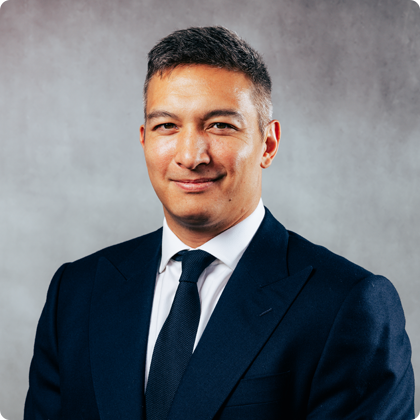The appointment of an executor of a will is made on the creation of the document by the testator (The person for whom the will is made). Administering the estate and carrying out the wishes of the testator upon their death is the responsibility of the executor.
What are my roles as an executor of a will?
There are many tasks that an executor must complete; it is easiest to group these into three main areas of probate: The administration, legal and tax.
Administration consists of tasks such as taking inventory of the deceased’s possessions and debts, notifying and paying off bills for all relevant organisations and distribution of the estate. The most time-consuming task of the three is the estate administration.
The Legal side consists of applying for a grant of probate; this must be done before the executor of a will is able to carry out the majority of the estate administration. They must also identify and deal with claims that are made against the estate.
Finally, the executor needs to complete relevant tax returns and pay any inheritance tax that is due (this is normally paid before the Grant of Probate is issued). This must also be done for both income and capital gains tax; all outstanding tax must be paid.
I do not wish to be the Executor of a will
If an executor of a will refuses to take out the grant of probate, any substitute executor named in the will can step forward and apply for the grant. If the circumstance arises in which there are no executors available or are named in the will; beneficiaries can then apply to administer the estate.
Probate is for many, an unfamiliar and complicated procedure faced at a distressing time, if you are not sure if the estate needs Probate or you do not know what you need to do as an Executor please do not hesitate in contacting Dean Steele on 01722 410009 to discuss the estate administration.
By accepting free advice you are under no obligation to use our services.

